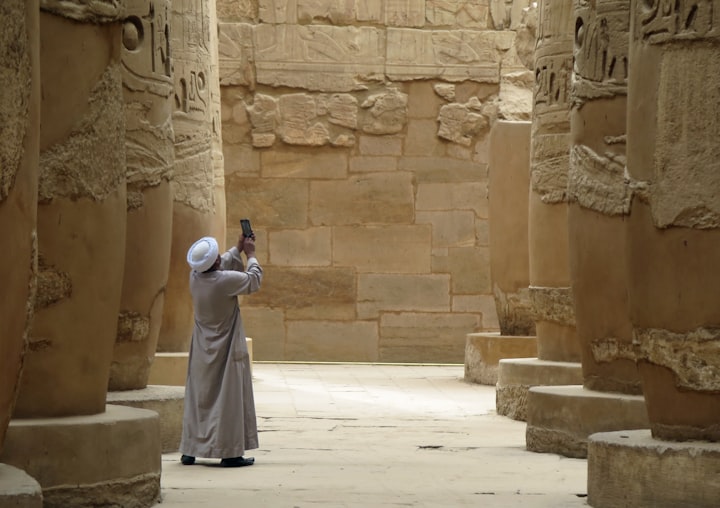
Here is a list of paradoxes that may challenge your perception of reality:
1) The Liar's Paradox: This paradox states that "This statement is a lie." If the statement is true, then it is a lie, and if it is a lie, then it must be true. This paradox has no logical resolution and has been debated by philosophers for centuries.
2) The Barber Paradox: In this paradox, a barber in a village shaves all the men in the village who do not shave themselves, but he does not shave himself. The question becomes, does the barber shave himself or not? If he shaves himself, then he does not follow his own rule and does not shave himself. If he does not shave himself, then he does follow his own rule and does shave himself. This paradox has no clear resolution.
3) The Paradox of the Ravens: This paradox states that "All ravens are black," but then asks, "Is it possible for there to be a non-black raven?" If there is a non-black raven, then the statement "all ravens are black" is false. But if there is no such thing as a non-black raven, then the statement "all ravens are black" must be true.
4) The Paradox of the Arrow: This paradox, attributed to Zeno of Elea, states that at any given moment, an arrow in flight is not moving. This is because at any given moment, an object is considered to be at rest, and since the arrow is at rest at every single moment of its flight, it can never truly be in motion.
5) The Paradox of the Grandfather: This paradox asks, "If your grandfather was never born, then how were you born?" If your grandfather was never born, then your father or mother would not have been born either, and therefore, you would not have been born. This paradox illustrates the idea of infinity and the concept of cause and effect.
These paradoxes may challenge your understanding of reality and can be thought-provoking and mind-blowing. They have puzzled philosophers for centuries and continue to be a source of fascination and mystery.
6) The Paradox of the Court: This paradox, also known as "Möbius' Paradox," asks, "If the judge in a courtroom is also on trial, who will judge the judge?" If the judge is the one on trial, they cannot also be the one judging the case. If they are not the judge in the case, then who is? This paradox highlights the concept of self-reference and raises questions about who has the authority to judge in a legal system.
7) The Paradox of the Heap: This paradox asks, "At what point does a collection of grains become a heap?" If you add one grain to a collection of grains, it is not yet a heap. But if you keep adding one grain at a time, at what point does it become a heap? This paradox highlights the concept of vagueness and the idea that some things cannot be precisely defined.
8) The Paradox of the Fabricated Island: This paradox asks, "If an island is discovered and named, but no one lives on it, is it really an island?" If the island is uninhabited, it may not be considered a "real" island, as it does not have a community or culture. But if people eventually move to the island and establish a community, it becomes a "real" island. This paradox raises questions about what makes a place a "real" place and the role of human presence in defining reality.
9) The Paradox of the Ship of Theseus: This paradox asks, "If all the parts of a ship are replaced over time, is it still the same ship?" If every single part of the ship is replaced, it is technically a new ship, as it is made up of entirely new parts. But if it is the same physical object and retains the same name, is it still considered the same ship? This paradox highlights the concept of identity and asks what makes an object the same over time.
10) The Paradox of the Omnipotence: This paradox asks, "Can an all-powerful being create a task that they are unable to complete?" If the being is all-powerful, they should be able to complete any task. But if they are able to create a task that they cannot complete, it would mean that there is something they are not capable of, making them not all-powerful. This paradox highlights the concept of omnipotence and raises questions about the limits of power.
About the Creator
Sukuna
Hii There






Comments
There are no comments for this story
Be the first to respond and start the conversation.